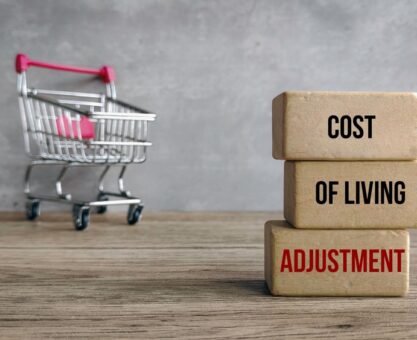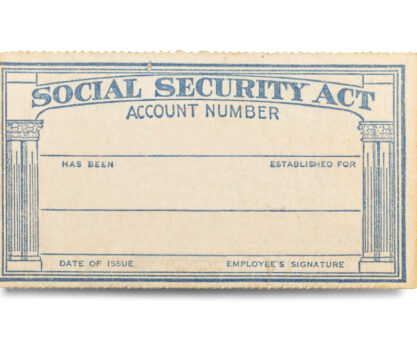It’s just common sense – the only way to make sure you’re saving enough for your federal retirement is to figure out how much you’ll need to maintain your lifestyle. A previous article covered the basics but it’s important to drill down deeper to get the most accurate estimate possible.
Will Your Expenses Really Be Lower In Retirement?
The short answer: it depends on your lifestyle choices. Though some daily expenses related to your career may be eliminated when you retire these may be replaced by retirement activities that cost even more. In fact, some studies indicate people tend to spend more during the early years of retirement compared to what they spent when they were working.
The First Step: Look At Your Current Monthly Expenses
If you plan on aging in place, your current monthly expenses for mortgage payments, utilities, homeowners’ insurance, and property taxes will likely remain the same for the next couple of years. Then again, as the value of your house increases, the cost of insurance and taxes will also rise. To get an accurate estimate, you’ll need to adjust for the rising cost of homeownership over the next 20 years.
“Hopefully, you won’t be carrying consumer debt into retirement but, if you must, add in payments on car loans and credit cards.”
Next, take out your bank statements and add up monthly expenses for food, personal care, insurance premiums, and out-of-pocket healthcare co-pays. Don’t forget other monthly costs like pet and lawn care. Once you estimate the essentials, add in discretionary spending for golf/tennis fees, concerts, movies, and dining out. Then factor in the cost of inflation by adding 4% per year. Hopefully, you won’t be carrying consumer debt into retirement but, if you must, add in payments on car loans and credit cards.
The Second Step: Determine One-Off Expenses During The Next 20 Years
This is the point where most people go wrong. They forget to estimate any number of costly one-off expenses that may arise over a long retirement:
- A new roof, replacing appliances, and other costs related to home upkeep .
- Buying a new car every five years for you and your spouse.
- Travel costs related to annual vacations and family reunions.
- Cash gifts for weddings, a grandchild’s college tuition, or helping family members through a tough financial time.
Once you have the total, divide it by 240 months to see how much it adds to your monthly expenses over the next 20 years. To help ensure your retirement income will be enough to cover it all, meet with an FRC® trained advisor who can help you crunch the numbers.


























